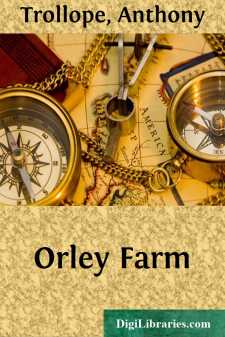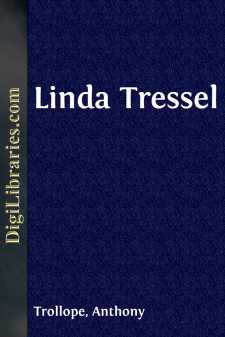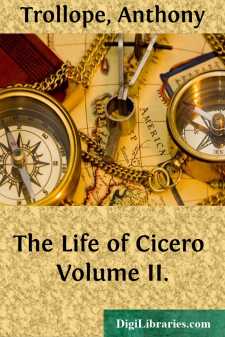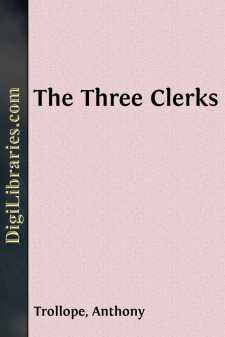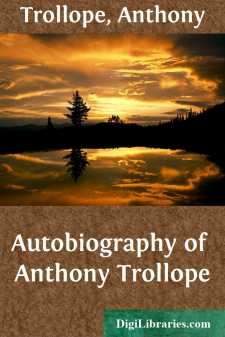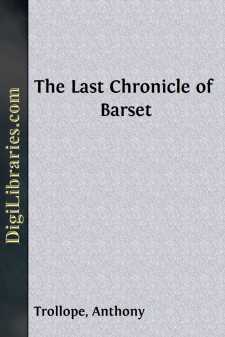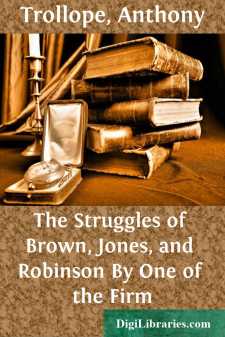Categories
- Antiques & Collectibles 13
- Architecture 36
- Art 48
- Bibles 22
- Biography & Autobiography 815
- Body, Mind & Spirit 144
- Business & Economics 28
- Children's Books 18
- Children's Fiction 14
- Computers 4
- Cooking 94
- Crafts & Hobbies 4
- Drama 346
- Education 58
- Family & Relationships 59
- Fiction 11835
- Games 19
- Gardening 17
- Health & Fitness 34
- History 1378
- House & Home 1
- Humor 147
- Juvenile Fiction 1873
- Juvenile Nonfiction 202
- Language Arts & Disciplines 89
- Law 16
- Literary Collections 686
- Literary Criticism 179
- Mathematics 13
- Medical 41
- Music 40
- Nature 180
- Non-Classifiable 1768
- Performing Arts 7
- Periodicals 1453
- Philosophy 65
- Photography 2
- Poetry 896
- Political Science 203
- Psychology 44
- Reference 154
- Religion 515
- Science 126
- Self-Help 85
- Social Science 83
- Sports & Recreation 34
- Study Aids 3
- Technology & Engineering 60
- Transportation 23
- Travel 463
- True Crime 29
Our website is made possible by displaying online advertisements to our visitors.
Please consider supporting us by disabling your ad blocker.
Miss Mackenzie
by: Anthony Trollope
Description:
Excerpt
The Mackenzie Family
I fear I must trouble my reader with some few details as to the early life of Miss Mackenzie,—details which will be dull in the telling, but which shall be as short as I can make them. Her father, who had in early life come from Scotland to London, had spent all his days in the service of his country. He became a clerk in Somerset House at the age of sixteen, and was a clerk in Somerset House when he died at the age of sixty. Of him no more shall be said than that his wife had died before him, and that he, at dying, left behind him two sons and a daughter.
Thomas Mackenzie, the eldest of those two sons, had engaged himself in commercial pursuits—as his wife was accustomed to say when she spoke of her husband's labours; or went into trade, and kept a shop, as was more generally asserted by those of the Mackenzie circle who were wont to speak their minds freely. The actual and unvarnished truth in the matter shall now be made known. He, with his partner, made and sold oilcloth, and was possessed of premises in the New Road, over which the names of "Rubb and Mackenzie" were posted in large letters. As you, my reader, might enter therein, and purchase a yard and a half of oilcloth, if you were so minded, I think that the free-spoken friends of the family were not far wrong. Mrs Thomas Mackenzie, however, declared that she was calumniated, and her husband cruelly injured; and she based her assertions on the fact that "Rubb and Mackenzie" had wholesale dealings, and that they sold their article to the trade, who re-sold it. Whether or no she was ill-treated in the matter, I will leave my readers to decide, having told them all that it is necessary for them to know, in order that a judgement may be formed.
Walter Mackenzie, the second son, had been placed in his father's office, and he also had died before the time at which our story is supposed to commence. He had been a poor sickly creature, always ailing, gifted with an affectionate nature, and a great respect for the blood of the Mackenzies, but not gifted with much else that was intrinsically his own. The blood of the Mackenzies was, according to his way of thinking, very pure blood indeed; and he had felt strongly that his brother had disgraced the family by connecting himself with that man Rubb, in the New Road. He had felt this the more strongly, seeing that "Rubb and Mackenzie" had not done great things in their trade. They had kept their joint commercial head above water, but had sometimes barely succeeded in doing that. They had never been bankrupt, and that, perhaps, for some years was all that could be said. If a Mackenzie did go into trade, he should, at any rate, have done better than this. He certainly should have done better than this, seeing that he started in life with a considerable sum of money.
Old Mackenzie,—he who had come from Scotland,—had been the first-cousin of Sir Walter Mackenzie, baronet, of Incharrow, and he had married the sister of Sir John Ball, baronet, of the Cedars, Twickenham....




